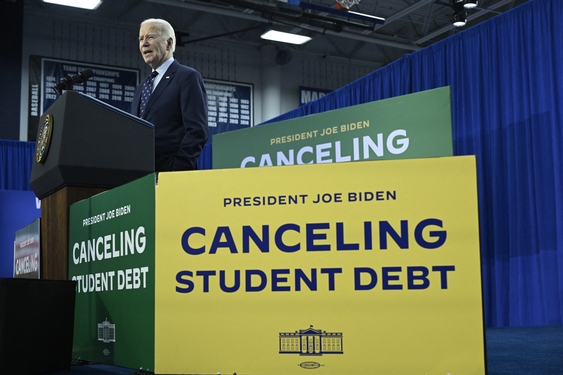Take as a neatly folded example his recent decision to hold his presidential nomination acceptance speech at the Democratic National Convention in Denver at Invesco Field, the football home of the Denver Broncos with its 75,000 seats. By changing venues from the much smaller Pepsi Center, Obama says his run for the White House now brings the common folks into the nominating process as never before, giving the bulk of the 55,000-odd additional seats to those outside the traditional convention cadre of party insiders, state delegates and media hordes.
He’s right, of course, about the added accessibility, both in the stands and with the now much wider television audience ready to bask in the rock star glow of a man who only four years ago shot into the national spotlight as he delivered the keynote address at the 2004 Democratic Convention in Boston.
But the peeling layers of significance, both of the large outdoor event and the date of the speech – Aug. 28 – reveal Obama’s reverence for those groundbreakers of the past. John F. Kennedy moved his acceptance speech at the 1960 convention in Los Angeles from the Memorial Sports Arena to the Coliseum, a move of a few hundred yards that echoed over the thousands of miles of the country that saw the glamour of a new kind of presidency.
No dingy Sports Arena would do for this Cape Cod tan, only the white columns of the Coliseum, complete with Hollywood “magic hour” setting sun, would complete this picture of a fresh, vibrant and damn-ass sexy new page in American politics. Only 28 years earlier, the party had nominated a polio-stricken, bespectacled man who couldn’t walk. Only 28 years earlier, Franklin Delano Roosevelt became the first nominee in history to actually attend the convention in person and speak to the nation.
Obama can thank FDR for his speaking slot and thank JFK for his tilling of the political soil: Obama’s attractive, eloquent and televisually commanding presence have been and will be – in the biggest speech of his life to date – one of his strongest echoes of Camelot glory days.
It was only three years after Kennedy’s Coliseum address that another monumental orator took to the marble steps of the Lincoln Memorial some 3,000 miles away. Obama will celebrate, and no doubt reference repeatedly, Martin Luther King Jr.’s “I Have a Dream” speech, which celebrates its 45th anniversary on Aug. 28. The groundbreaking and trailblazing done by King form a list too long to possibly enumerate here, but his enduring legacy, both in the civil rights that paved the way for the first black editor of the Harvard Law Review and in the modern African-American statesmanship that commanded the attention of an entire nation, is replete with firsts that Obama has been eager to cite and extol.
Obama’s new challenge, one best met under the orange skies of a Rocky Mountain sunset, is to refine his own placement in the continuum of confrontation with the status quo. The United States, as a country born of rebellion but deeply rooted in its own often-immutable founding principles, is forever torn between a curiosity for change and a reliance upon tradition.
When polls suggest that three-quarters of the populace think that the country is headed in the wrong direction, change is by necessity the order of the day, freshness and uniqueness the call of the vox populi. But implicit in such a call to action is a lingering reserve, a tendency to jump back on the old rails if the engine of change goes too far astray.
Obama must recognize, appreciate and contextualize his firstness with Kennedy and King and those other leaders who put their first footprints into the undiscovered country. He must convince this nation of his uniqueness without losing a sense of realism in what has come before – for all of the advances, admitted and attributed to, Kennedy and King, both visionaries were followed in short order by Richard Nixon and his dynamic appeal to the “silent majority” of Americans for whom calls for change were as frightening as anything witnessed in war and depression.



